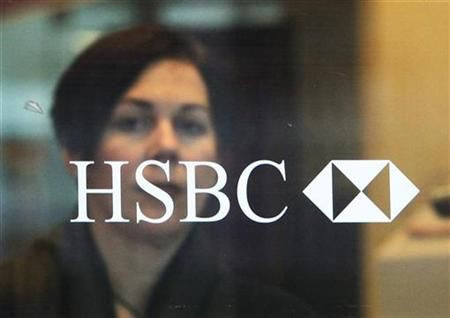UK government irons out pact with major banks over lending, and pay

The British government has entered into a comprehensive agreement with the nation’s largest banks on matters related to lending, transparency and bonuses payments to executives, after four months of negotiations and wrangling.
Under terms of the so-called ‘Project Merlin’ British banks will lend about £190-billion to businesses this year (including £76-billion to smaller companies). The loan targets will be monitored and reviewed by The Bank of England.
(UK banks lent about £179-billion last year.)
The agreement will also mandate that banking institutions reveal the salaries paid to the highest earners.
Britain’s four most prominent banks – Barclays, HSBC Holdings (NYSE: HBC), Lloyds Banking Group (NYSE: LYG) and Royal Bank of Scotland (NYSE: RBS) have agreed to Project Merlin’s terms.
For example, these four institutions will publish the salaries of their five highest-paid non-board member executives (although they will not be required to unveil salaries paid to highest-earning traders who are not managers).
A major foreign bank, Banco Santander S.A. (NYSE: STD) with UK operations, agreed to the lending portion of the ‘Merlin’ agreement.
Banks have also promised to provide £200-billion to Prime Minister David Cameron's so-called ‘Big Society Bank,’ which is designed to finance community projects.
However, the imposition of a bonus tax (which the opposition Labour Party demanded), was not part of the package hammered out by Chancellor of the Exchequer George Osborne. (The government did separately impose a higher bank levy on Tuesday).
As for bank bonus payments, Lloyds and RBS have committed that the cash portion of any bonus will not be more than £2,000.
The government indicated that how much credit and lending that banks really provide to businesses will be among the factors that determine the bonuses paid to bank executives.
Some advocates of small companies are unimpressed by the Merlin Project.
"The vast majority of businesses are not going to the banks and seeking finance at the moment," Andrew Cave, head of policy at the Federation of Small Businesses told BBC.
"And those that do are telling us that the cost of borrowing - both existing and new borrowing - is increasing and those issues are not going to go away with today's announcement."
David Frost, director general of The British Chambers of Commerce, said: "While the big banks' renewed commitment to small business lending is welcome, ministers and the banks need to focus their energy on improving frontline services for small and medium sized firms. Without clear lending processes and more sensible decision-making at a local level, many businesses will still be reluctant to ask for loans and big net lending targets won't be met."
© Copyright IBTimes 2024. All rights reserved.





















